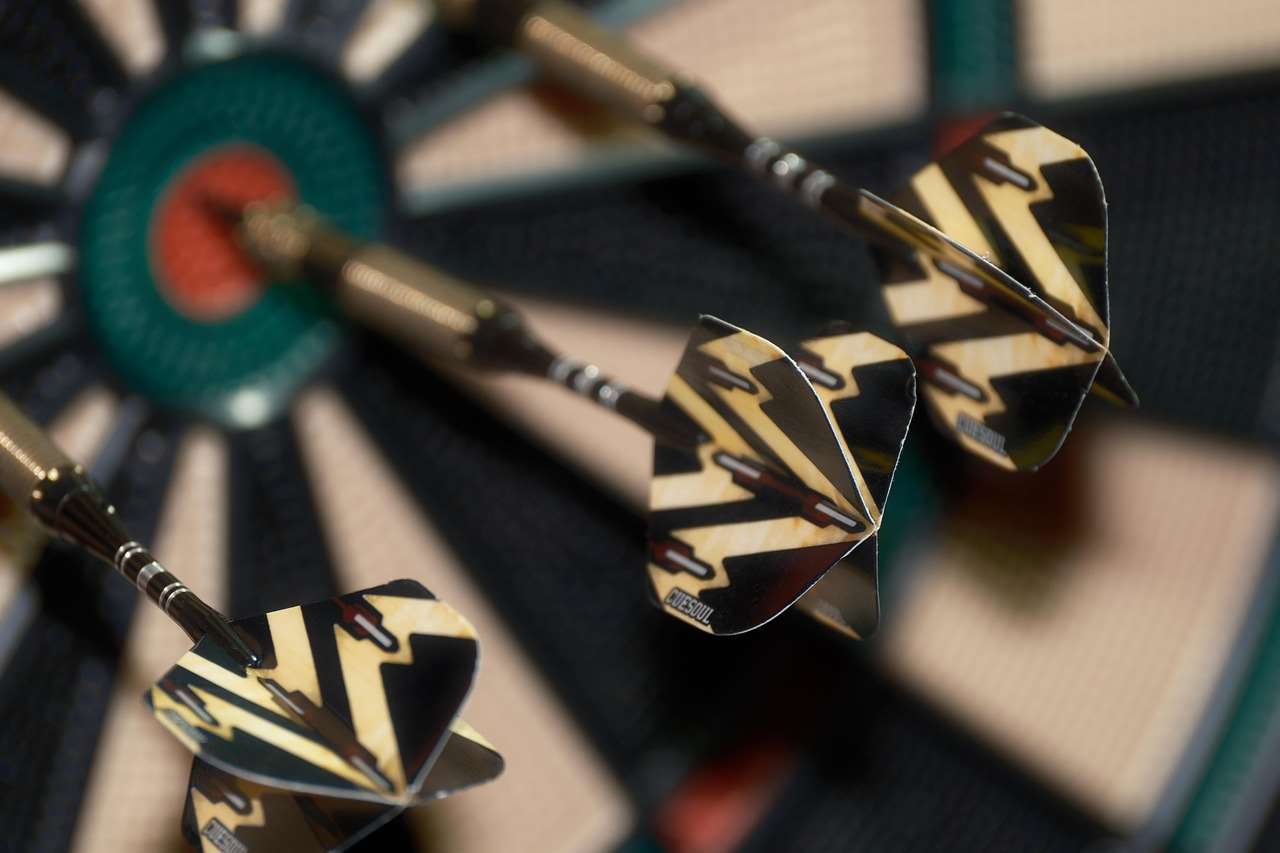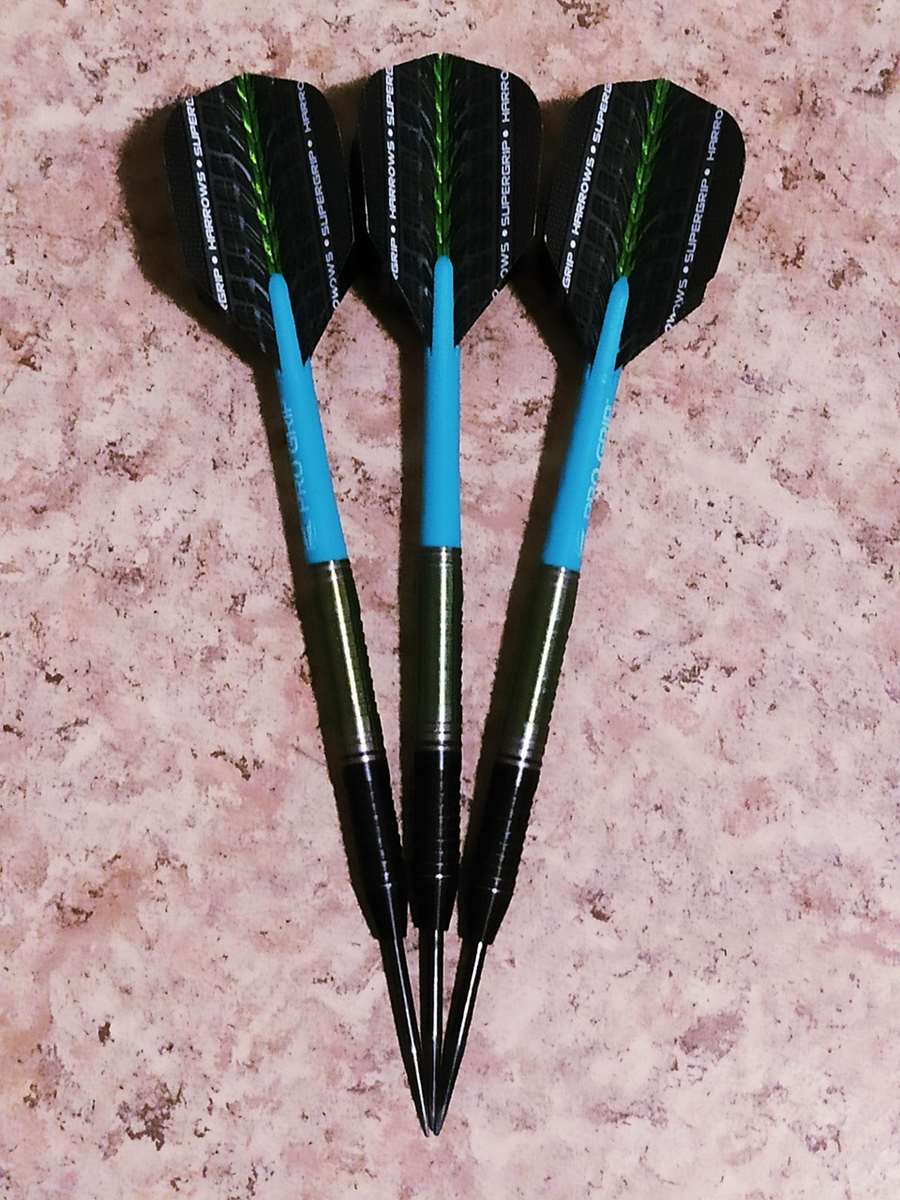Confused by the jargon surrounding darts betting? This darts betting terminology glossary will quickly define all the common (and not-so-common) terms you’ll encounter, ensuring you understand every bet and every strategy. We’ll cover everything from basic match winner bets to more complex handicap and checkout markets.
⚠️ Still Using Pen & Paper (or a Chalkboard)?! ⚠️
Step into the future! The Dart Counter App handles all the scoring, suggests checkouts, and tracks your stats automatically. It's easier than you think!
Try the Smart Dart Counter App FREE!Ready for an upgrade? Click above!
Understanding the Basics: Essential Darts Betting Terminology
Before diving into the more intricate betting options, it’s crucial to grasp the fundamental darts betting terminology. This section covers the essential terms you’ll encounter when starting out with darts betting. Understanding these terms is paramount to making informed decisions and avoiding costly mistakes.
- Match Winner: A straightforward bet on which player will win the match. This is often the simplest and most popular bet.
- Set Betting: Betting on the correct score in sets. This can offer higher odds than simply betting on the match winner, but it requires more accurate prediction.
- Leg Betting: Similar to set betting, but focuses on individual legs within a set. This is a faster-paced market.
- Outright Winner: Betting on which player will win the entire tournament. Odds are generally offered well in advance of and throughout the tournament.
- Each-Way: A bet that is divided into two parts: one on the player to win the tournament outright, and another on the player to reach a certain stage (e.g., the final, semi-final). The place portion pays out at reduced odds.

It is also beneficial to research what **Business of Darts** insights might inform your understanding of player performance and potential match outcomes.
Advanced Darts Betting Markets and Their Definitions
Once you’re comfortable with the basics, you can explore more advanced darts betting terminology. These markets offer greater complexity and potentially higher payouts, but also require a deeper understanding of the game and the players.
Handicap Betting
Handicap betting is used to level the playing field when there’s a significant difference in skill between the two players. One player is given a virtual ‘head start’ in terms of sets or legs. For example, if Michael van Gerwen is playing a less experienced player, he might be given a -2.5 set handicap. To win the bet, van Gerwen needs to win the match by at least 3 sets. Conversely, backing the underdog with a +2.5 set handicap means they can lose by 2 sets or win the match outright for your bet to be successful.
Checkout Markets
Checkout markets focus on how a player finishes a leg or set. Common checkout markets include:
- Highest Checkout: Betting on which player will achieve the highest checkout (the score they need to finish a leg).
- Checkout Over/Under: Betting on whether the highest checkout in the match will be above or below a specified number.
- Checkout Colour: Betting on what colour the last dart thrown in the match is.
- 170 Checkout: Betting on whether there will be a 170 checkout in the match, this is the highest possible checkout.
9-Dart Finish
The 9-Dart Finish is the perfect leg in darts. It requires hitting the bullseye, treble 20 and treble 20 on three consecutive visits to the board. Betting on a 9-Dart Finish is a high-risk, high-reward proposition, with long odds reflecting its rarity.

Correct Score
This involves predicting the exact final score in sets. For example, betting on Gerwyn Price to win 5-3 against Peter Wright.
Specific Darts Betting Terms Explained
Here’s a breakdown of some more specific darts betting terminology you might encounter:
- 180: The maximum score possible with three darts. Hitting three treble 20s. A popular betting market involves betting on the total number of 180s in a match.
- Ton+ (100+ Checkout): A checkout of 100 or more. Some bookmakers offer markets based on the number of Ton+ checkouts in a match.
- Average: The average score a player achieves per three darts. This is a key statistic used in pre-match analysis and in-play betting.
- Double In: In some darts formats (less common in professional play), a leg must be started by hitting a double.
- Double Out: A leg must be finished by hitting a double. This is standard in professional darts.
- Bullseye (50): The centre of the dartboard, worth 50 points.
- Double (Segment): The outer ring of the dartboard. Darts that land in this segment double the value of the number.
- Treble (Segment): The inner ring of the dartboard. Darts that land in this segment treble the value of the number.

Keep in mind the financial considerations and potential returns when analysing **darts streaming rights cost** to inform strategic betting decisions.
Tips for Using the Darts Betting Terminology Glossary
Now that you have a solid understanding of darts betting terminology glossary, here are a few tips to help you use this knowledge effectively:
- Do your research: Don’t just rely on the odds. Research player form, head-to-head records, and recent performances.
- Understand the odds: Learn how to interpret different types of odds (fractional, decimal, American) and calculate potential payouts.
- Manage your bankroll: Set a budget and stick to it. Avoid chasing losses and only bet what you can afford to lose.
- Shop around for the best odds: Different bookmakers offer different odds, so it’s worth comparing prices before placing your bet.
- Specialize: Consider focusing on specific markets or players that you understand well. Become an expert in a particular area.

Understanding the intricacies of how **darts tv rights value** affect the sport and player performance can refine your betting strategies.
Beyond the Glossary: Further Resources for Darts Betting
This darts betting terminology glossary provides a strong foundation, but continuous learning is key to becoming a successful darts bettor. Explore these resources to further enhance your knowledge:
- Darts news websites: Stay up-to-date with the latest news, results, and player form.
- Darts statistics websites: Access detailed statistics on player averages, checkout percentages, and 180s.
- Darts betting forums: Engage with other bettors, share tips, and learn from their experiences.
- Follow professional darts players and analysts on social media: Gain insights into their training routines, strategies, and perspectives.
Understanding the Impact of Sponsorships
Keep an eye on player sponsorships and endorsements, as these can sometimes indicate a player’s confidence and preparation levels heading into a tournament. Significant sponsorship deals might suggest a player is in good form and has the backing of major brands.

Remember to gamble responsibly. Betting should be enjoyable, and it’s essential to be aware of the risks involved. If you feel your betting is becoming a problem, seek help from a responsible gambling organization.
Conclusion: Mastering Darts Betting Terminology for Success
This darts betting terminology glossary has equipped you with the knowledge you need to navigate the world of darts betting with confidence. By understanding the different terms, markets, and strategies, you can make more informed decisions and increase your chances of success. Remember to always gamble responsibly, research your bets thoroughly, and manage your bankroll effectively. With dedication and practice, you can turn your passion for darts into a profitable betting endeavor. Start practicing your betting strategy today!
Hi, I’m Dieter, and I created Dartcounter (Dartcounterapp.com). My motivation wasn’t being a darts expert – quite the opposite! When I first started playing, I loved the game but found keeping accurate scores and tracking stats difficult and distracting.
I figured I couldn’t be the only one struggling with this. So, I decided to build a solution: an easy-to-use application that everyone, no matter their experience level, could use to manage scoring effortlessly.
My goal for Dartcounter was simple: let the app handle the numbers – the scoring, the averages, the stats, even checkout suggestions – so players could focus purely on their throw and enjoying the game. It began as a way to solve my own beginner’s problem, and I’m thrilled it has grown into a helpful tool for the wider darts community.